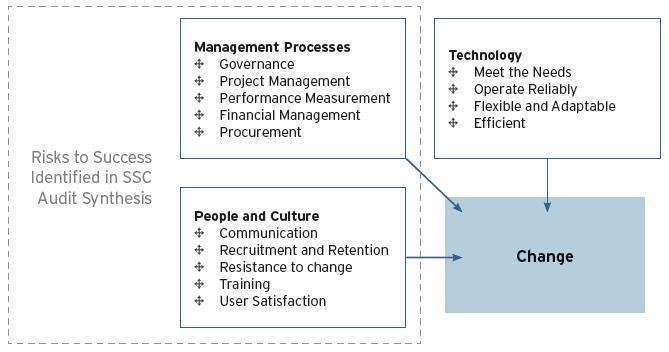Top 12 elements for successful change management effort
Post on: 16 Март, 2015 No Comment

4 comments
shares
Sustaining success depends on an organizations ability to adapt to a changing environment whether its an external change, such as a transformative technology or a changing economy.
Unfortunately, 70% of organizational transformations fail. Why? Because to many crucial elements in the change process are skipped.
Sometimes we wrongly assume that change is all about improving financial results stock price, profitability, sales. We forget that successful transformation also generates soft benefits, such as trust, new organizational capabilities, and emotional commitment among employees.
But even if we strive for financial and non-financial results, additional perils await: painful emotions that boil up in our workforces whenever we ask people to think or do things differently. Whether its anger, alarm, or confusion, we must ease those feelings by cultivating an environment of trust, involvement and empowerment.
Nothing about leading change is easy.
Change management #1 Urgency
An organizational burning platform exists when maintaining the status quo becomes prohibitively expensive. Major change is always costly, but when the present course of action is even more expensive, a burning-platform situation erupts.
Create a sense of urgency based on the company’s financial performance, competitive situation, market position, technological trends create a burning platform. What will happen if we don’t react now?
Change management #2 Compelling change story
Management need to be able to tell a compelling change story that motivate employees. But before you you get buy-in, people need to feel the problem .
People aren’t going to consider anything until they are convinced there is a problem that truly needs to be addressed.
Change management #3 Current strategy
When dealing with change management it is often required to have a closer look at the current strategy
Change management #4 Vision and values
Successful change is hinged on a picture of a desirable future. Vision can provide both a corporate sense of being and a sense of enduring purpose. Without a sensible vision, change efforts can dissolve into a list of confusing projects that take the organization in the wrong direction. It is important that the vision be easy to communicate. Create a shared vision, values and common directions.
Change management #5 Communicate

Change management #6 Create a dialog
Involving employees right from the start, where they have influence in the strategic plan of the organization, tends to reduce employees’ resistance. which is always a very important factor in the success of any organizational change.
Change management #7 Culture
All change in organizations is challenging, but perhaps the most daunting is changing culture. When ever possible use storytelling — storytelling can be a powerful tool when you want to drive organizational change.
Change management #8 Visualize the “journey”
Not only is it easier to communicate something using a picture, but its also much easier for people to remember things that have been communicated to them visually. People remember 10% of what they hear, 20% of what they read and 80% of what they see and do.
Change management #9 Measure
Measurement should be considered during the planning of change and before any action is undertaken. Measure early and often and tell about it Without measures of success, the organization does not know if it has succeeded in its efforts. Someone once said, “What gets measured gets improved.” Someone else said, “If you don’t know where you are going, any road will get you there.”
Change management #10 Create wins
It is critical for teams and individuals working on change to achieve small wins regularly. So if you want something to grow, don’t forget to pour champagne on it .














